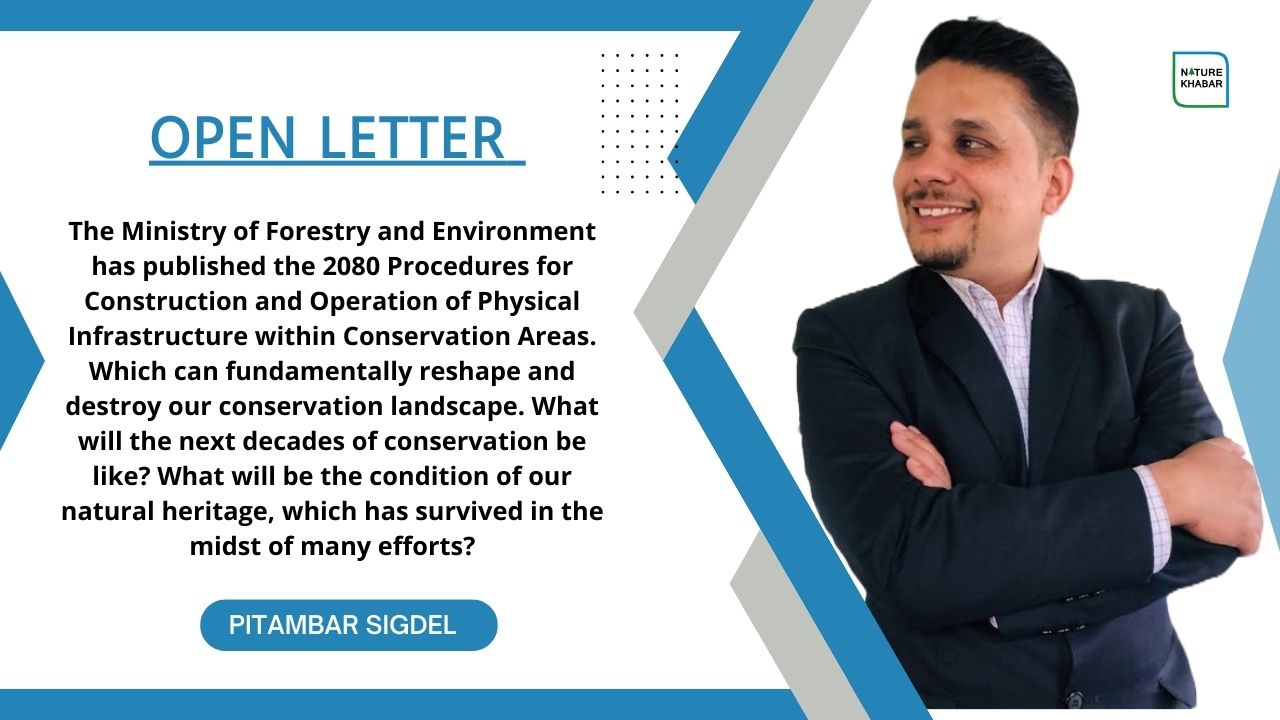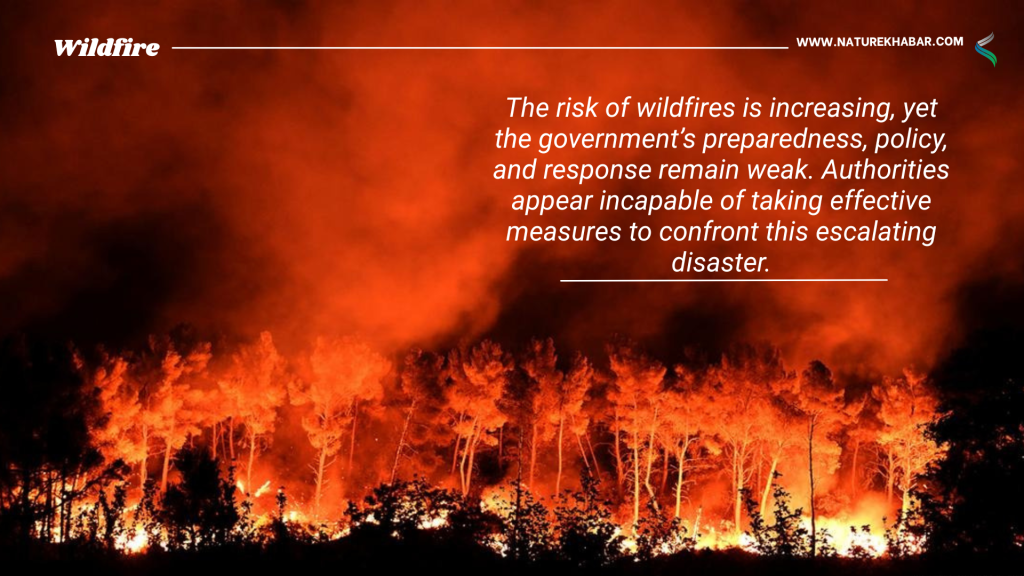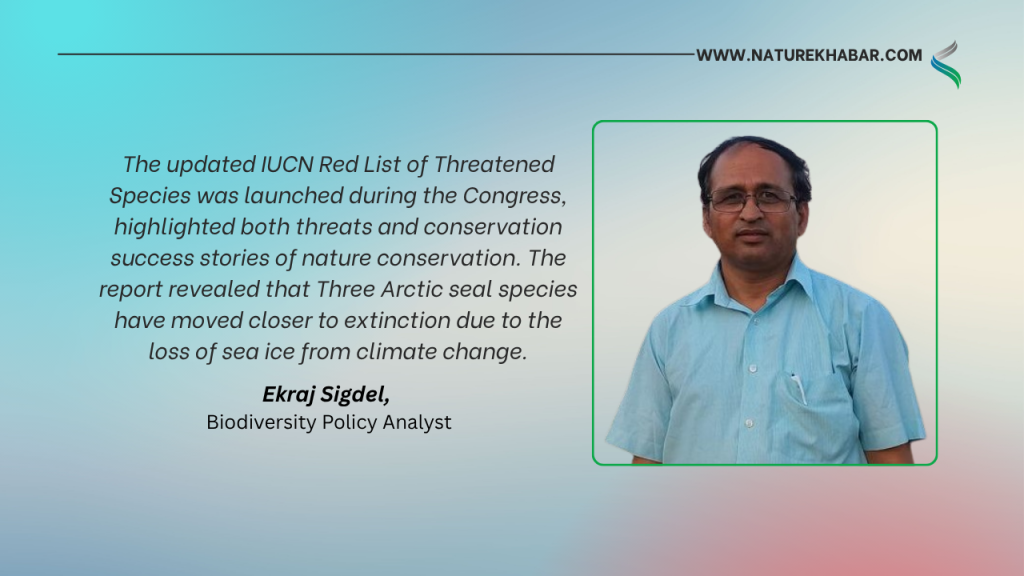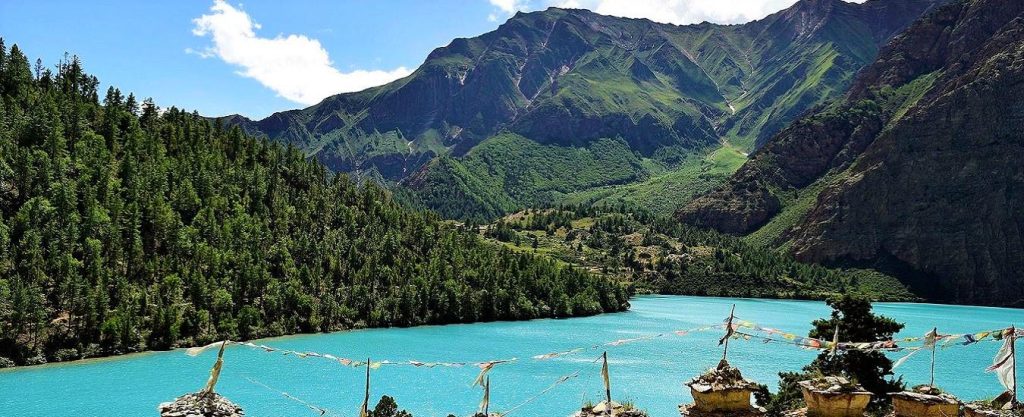Why didn’t the conservationists speak ?

Dear Conservationists,
I pen this letter with sincere concern and a sense of urgency. Over the years, your unwavering commitment to our environment has consistently been demonstrated. Whether fueled by a genuine concern for our planet or other motivations, many among you have been at the forefront, raising your voices against projects and policies that seemed detrimental to our conservation ideals.
A notable example was the Nijgadh Airport project. Its potential threat to the environment resonated with a wide spectrum of individuals, from the intellectuals within the conservation community to those influenced by political affiliations. The collective voice raised against the airport, devoid of its sources, was undeniably powerful. Numerous public demonstrations, debates, and discussions emerged from the fear of the airport's potential impact on our ecosystem.
However, a new, perhaps even more sinister challenge is now before us. The Ministry of Forests and Environment recently unveiled the "Construction and Operation of Physical Infrastructure in Conservation Areas 2080" – a legislative amendment that could critically alter our conservation landscape. Surprisingly, many who were vehemently opposed to the Nijgadh Airport project now remain silent. Why is there not an even louder outcry now than before? This silence is both puzzling and deeply troubling.
I recall the fervor and passion of those who stood against the Nijgadh Airport, their faces and voices still fresh in memory. Where have they vanished now?
Considering the explicit intent of this new legislation, which aims to foster infrastructure within protected areas, one must ponder the long-term implications. How will this reshape Nepal's protected areas? Experts in the field ought to provide timely insights. The future of conservation, especially when commercialized under the guise of legal amendments, remains uncertain. How will our cherished natural heritage look after years of painstaking preservation efforts? The envisioned commercial activities in conservation areas could devastate the environment, displace wildlife, and thereby disrupt our ecosystem, intensifying climate change. Despite these apparent repercussions, the question remains: Why are the usual voices of dissent so muted?
If passed unaltered, this draft law could erode the very bedrock of our conservation initiatives. Protective legal structures established over time due to their ecological significance may be rendered obsolete by a mere clause in this amendment. The new legislation seemingly lacks robust regulations to ensure that industries remain eco-conscious. The absence of such checks and balances could usher in unchecked industrial expansion, imperiling our air, water, land, and biodiversity.
Why then is there a deafening silence on such a pressing issue? Where are the impassioned debates, the townhall discussions? Our collective dissent against the Nijgadh Airport was formidable. Shouldn't the response be even more vigorous against a policy with potentially far-reaching consequences?
Could it be that our advocates and political leadership are more enamored with isolated projects and potential personal gains than overarching policies? It's a question worth pondering.
Legislation, by nature, is intricate. Its language can be obfuscating, and its implications manifold. Yet, it's precisely why we need the conservation community's expertise and dedication. Your insights and capacity to navigate, interpret, and raise public awareness on these amendments is paramount.
We also must consider the long-term. If such policies become the norm, it might very well be the beginning of a slippery descent, rendering our prior conservation efforts redundant.
Conservation is an ongoing endeavor, not an endpoint. It's less about individual criticism and more about ensuring our laws and practices align with sustainable development goals.
In closing, I implore you, the stalwarts of conservation, to rise to the occasion. Let's not just celebrate isolated victories but fight against policies and legislations that endanger our national treasures.
Nature, in its silent majesty, relies on us for its voice and protection. It's incumbent upon us to champion its cause, ensuring that our conservation legacy endures for the generations to come.
Sincerely,
Pitambarsigdel
kathmandu

 Pitambar Sigdel
Pitambar Sigdel




Feedback